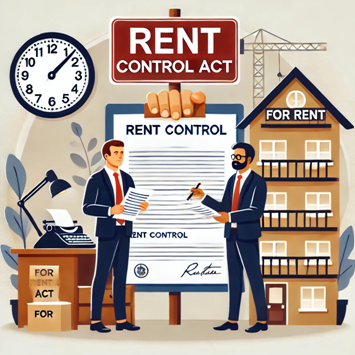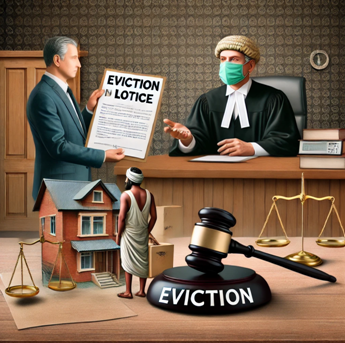Current Legal Scenario: A Time of Change
The Indian legal framework surrounding tenancy rights is undergoing significant changes. The introduction of the Model Tenancy Act has sparked discussions about reforming the outdated rent control laws that have stifled the rental market in some regions. While the government aims to create a more balanced and transparent system, it remains to be seen how states will implement these reforms.
Moreover, the COVID-19 pandemic has exacerbated many rental disputes, with tenants facing financial difficulties and landlords struggling to maintain their properties without steady rental income. Courts have been flooded with eviction and rent-related cases, forcing many to rethink their rental agreements.
Real-Life Cases to Note
- Rajeshwari v. Girish Kumar (2019): In this case, the tenant was wrongfully evicted by the landlord, who claimed he needed the property for personal use. The court ruled in favor of the tenant, holding that the landlord failed to provide adequate evidence to support his claim.
- Shyam Lal v. Narayan Das (2017): Here, the tenant claimed harassment by the landlord, who cut off utilities to force eviction. The court upheld the tenant's right to peaceful occupation and penalized the landlord for unlawful actions.
These cases illustrate the complexities of rental relationships in India and highlight the importance of legal expertise in navigating these challenges.
Conclusion: Protect Your Rights with Access Legal
Whether you're a tenant trying to assert your right to peaceful occupancy or a landlord seeking to enforce a legitimate eviction, understanding the intricacies of the law is crucial. At Access Legal, our experienced legal professionals are well-versed in tenant-landlord disputes and are committed to providing personalized legal solutions tailored to your unique situation.
Don't let legal confusion jeopardize your rights. Contact us today at Access Legal for expert advice and legal representation in all tenant-landlord matters. We are here to help you navigate the complexities of the law with confidence and ease. Get in touch now to schedule a consultation and protect your legal rights.
Click Here to Contact us today




